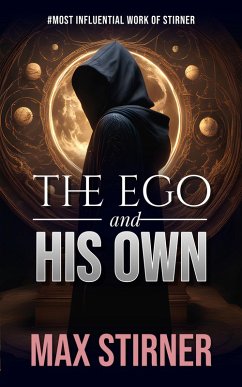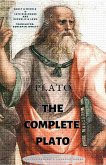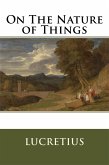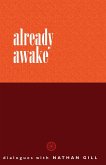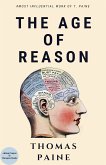The Ego and Its Own is an 1844 work by German philosopher Max Stirner. It presents a radically nominalist and individualist critique of, on the one hand, Christianity, nationalism and traditional morality, and on the other, humanism, utilitarianism, liberalism and much of the then-burgeoning socialist movement, advocating instead an amoral (although importantly not inherently immoral or antisocial) egoism.
Stirner believed that there was no objective social reality independent of the individual; social classes, the state, the masses, and humanity are abstractions and therefore need not be considered seriously. He wrote of a finite, empirical ego, which he saw as the motive force of every human action. Writing chiefly for working-class readers, he taught that all persons are capable of the self-awareness that would make them "egoists," or true individuals.
Max Stirner in his book The Ego and His Own (1845) recommended, instead of social reform, a ruthless individualism that should seek satisfaction by any means and at whatever risk. A small group of other individualists.
Stirner believed that there was no objective social reality independent of the individual; social classes, the state, the masses, and humanity are abstractions and therefore need not be considered seriously. He wrote of a finite, empirical ego, which he saw as the motive force of every human action. Writing chiefly for working-class readers, he taught that all persons are capable of the self-awareness that would make them "egoists," or true individuals.
Max Stirner in his book The Ego and His Own (1845) recommended, instead of social reform, a ruthless individualism that should seek satisfaction by any means and at whatever risk. A small group of other individualists.
Dieser Download kann aus rechtlichen Gründen nur mit Rechnungsadresse in A, B, BG, CY, CZ, D, DK, EW, E, FIN, F, GR, H, IRL, I, LT, L, LR, M, NL, PL, P, R, S, SLO, SK ausgeliefert werden.

